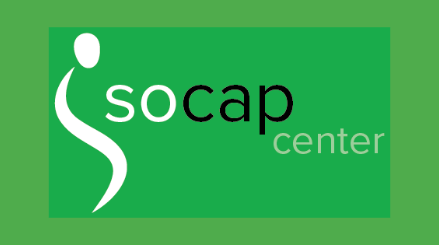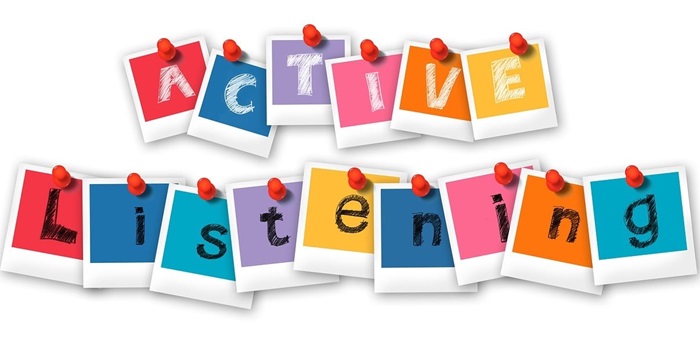One Big Argument Against AI: The Need for Human Understanding in Translation
By Susanne Evens | November 30, 2023 10:17 am
AAA Translation founder says nuances and even strict accuracy can fall by the wayside.

In today’s globalized world, where businesses are expanding across borders and communication is crucial, the demand for translation services is at an all-time high. With the advent of Artificial Intelligence and machine learning, translation software has become more sophisticated and readily available. However, the question remains: Can AI replace human translators, and what value does a human translator bring to a transaction beyond translation?
Translation has always been an art that requires much more than the mere transfer of words from one language to another. It involves a deep understanding of the source and target languages, cultures and the context in which the text is being written.
There is no doubt that AI translation tools have made considerable progress in recent years. Machine translation technology has evolved to a point where it can produce accurate translations of simple sentences. Companies like Google and Microsoft have invested heavily in developing AI translation tools, and their services are widely used by businesses and individuals around the world.
However, despite the advances made in AI translation, there are still significant limitations to this technology. One of the main challenges of AI translation is its inability to fully understand the context and nuances of language. While an AI system can analyze patterns in language and recognize common phrases, it struggles to recognize the subtleties of tone, idioms and cultural references that are super-important in accurate translation.
Furthermore, there are many situations where machine translation simply isn’t appropriate. For example, when translating legal documents, medical records or technical manuals, it is essential that the translator has a deep understanding of the subject matter. A machine translation system simply cannot match the expertise and knowledge of a human translator in these areas.
Another important consideration is the issue of accuracy. While AI translation has come a long way in recent years, it is still far from perfect. In fact, many experts estimate that machine translation accuracy is around 70–80%, which means that there is a significant risk of errors and inaccuracies in translations. This can have serious consequences in certain situations, again when translating legal or medical documents, where accuracy is critical and sometimes a matter of life and death.
Another important consideration is the issue of confidentiality. In many situations, such as legal or financial documents, confidentiality is essential. With AI translation, there is always the risk that sensitive information could be leaked or compromised, as the data is stored in the cloud and accessible to multiple parties. With human translators, however, there is a greater level of control and security, as the documents are handled by a single individual who is bound by confidentiality agreements.
In addition to these practical considerations, there is also a broader ethical dimension to the debate over human translators vs. AI. Many people argue that the use of AI translation could lead to the erosion of cultural diversity and linguistic heritage, as people rely more on machine translation and less on learning other languages and the accompanying cultures. There is also a risk that AI translation could perpetuate bias and stereotypes, as the algorithms used in machine translation are based on data sets that may be skewed or limited in scope.
One of the most significant advantages of human translators is their ability to understand the nuances and complexities of language. A human translator can interpret idiomatic expressions, colloquialisms and cultural references, which AI may not be able to do. For example, imagine the phrase “It’s raining cats and dogs” in English. While AI might translate it literally, a human translator would understand that it means “it’s raining heavily.”
Another aspect that makes human translators valuable is their expertise in specific fields. A trained and educated human translator with experience in medical translation, for instance, would be able to translate medical documents with accuracy and precision, ensuring that there are no errors that could put patients at risk. Similarly, a trained legal translator would be able to understand the specific terminology and requirements of legal documents, ensuring that the translation is legally binding and accurately conveys the intended meaning.
Apart from accuracy, human translators also bring a human touch to translation, which AI cannot match. They can adapt the tone, style and register of the text to suit the target audience, making the translation more effective. A skilled human translator can not only translate the words but also convey the intent and emotion behind them, ensuring that the message is not lost in translation. This is especially crucial in areas such as marketing and advertising, where the tone and style of the text are crucial in conveying the desired message to the target audience.
Another advantage of human translators is their ability to adapt to changing situations. Unlike AI, which relies on algorithms and pre-programmed rules, human translators can use their intuition and experience to handle unforeseen circumstances. For instance, if a text contains a mistake or ambiguity, a human translator can use their judgment to make the necessary changes or clarify the meaning with the client. In contrast, AI may not be able to recognize such errors or make the necessary changes.
Moreover, human translators can provide valuable insights into the target culture and help clients navigate cultural differences. In today’s multicultural world, understanding cultural nuances is critical to business success. A human translator can help clients understand the cultural context in which the text is being written and adapt it to suit the target audience. This can be especially useful in areas such as international business negotiations, where cultural differences can significantly impact the outcome.
Human translators can also provide additional services beyond translation, such as localization, interpretation and cultural consulting. Localization involves adapting a product or service to suit the cultural and linguistic preferences of the target audience. Interpretation involves converting spoken language from one language to another, while cultural consulting involves advising clients on cultural matters related to a specific market or country. While AI may be able to handle some of these tasks, human translators can provide a more personalized and nuanced service that meets the specific needs of the client.
In conclusion, while AI translation has made significant strides in recent years, human translators remain invaluable in many situations. Their ability to understand context, nuances of language, cultural references and specialized knowledge, along with their creativity, empathy and adaptability, make them irreplaceable in many professional fields. Human translators not only ensure accurate and reliable translations, but also play a crucial role in fostering cultural understanding, preserving linguistic diversity and providing personalized services. As technology continues to evolve, it is important to recognize and appreciate the unique value that human translators bring to the world of language and communication.
Susanne Evens is founder and CEO of AAA Translation.




